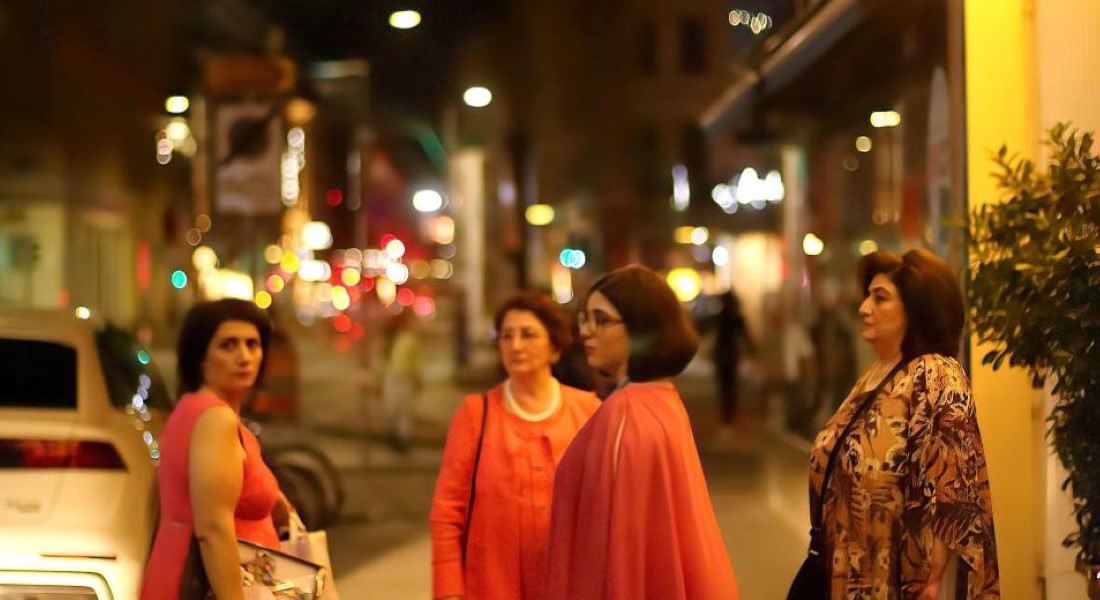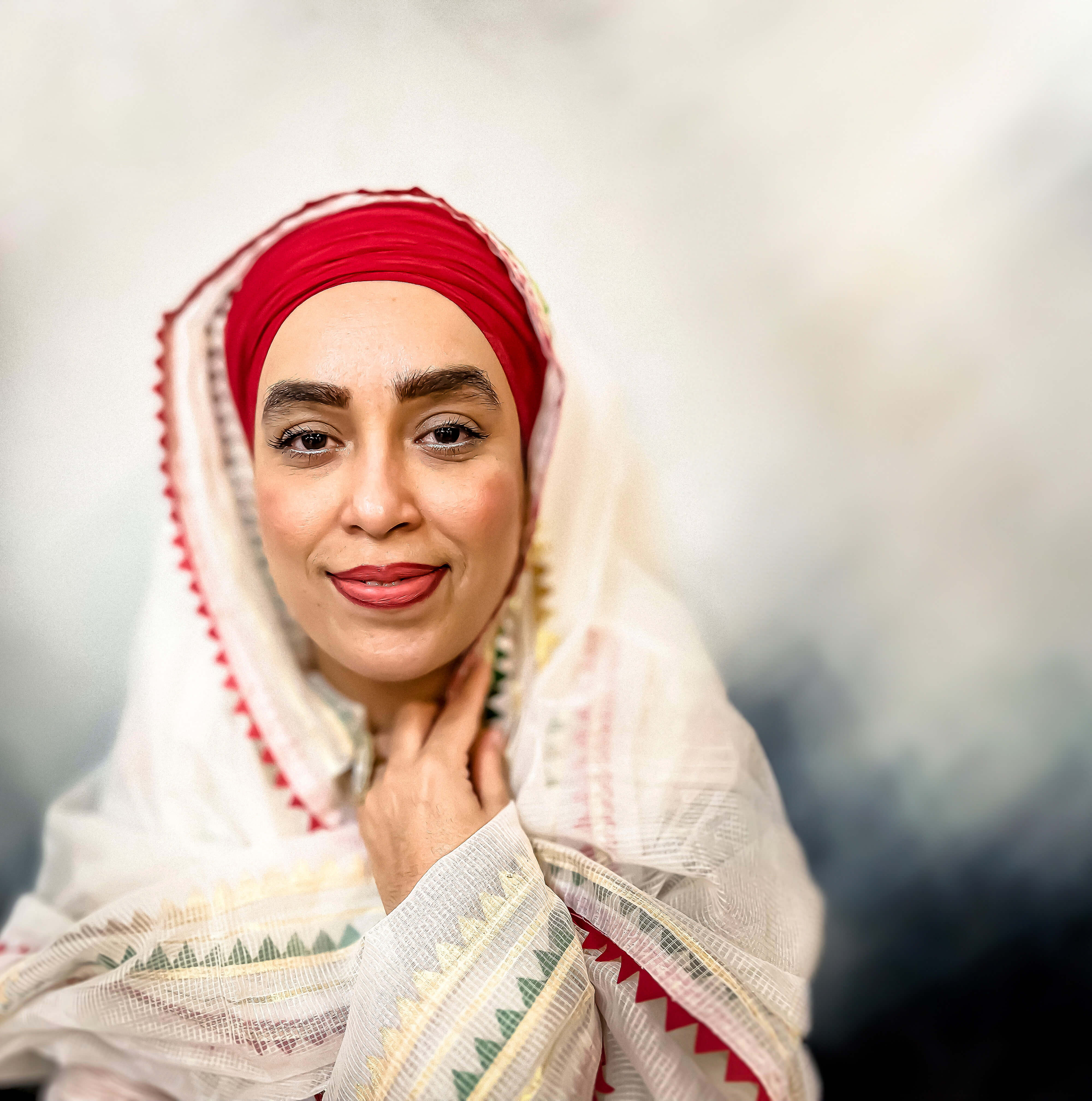Belonging Flexibly: Non-Muslim migrants from Muslim Asia
HUM:Global Talk! photography exhibition.

This exhibition tells the story of non-Muslim communities from historically Muslim-majority cities in Asia, including (post) Soviet Central Asia, that migrated out of the region due to political instability, international intervention, and civil conflict.
The exhibition emphasises the ongoing importance of their cities of origin to these communities’ sense of belonging, their cosmopolitan skills and their nuanced ways of dealing with diversity in the context of life in the diaspora.

The exhibition stems from the Afterlives of Urban Muslim Asia project at the University of Sussex, University of Cambridge and Copenhagen University. The project is funded by the AHRC, and maps the migratory trajectories of non-Muslim residents in major cities in the region and explores the forms of attachment that these communities have maintained both with cities in the region and their Muslim populations.
It does so with the aim of offering critical insights into forms of belonging that transcend sectarian and national identity and to enable a deeper understanding of cultural heritage.
Programme
| 15:00 - 15:15 | Arrival |
| 15:15 - 16:00 | Welcome by Vera Skvirskaya followed by Artist Talk with photographer Moska Najib and Professor Mette Sandbye |
| 16:00 - 17:00 | Exhibition launch and viewing |
'Belonging Flexibly' is curated by Moska Najib, an award-winning photographer based in Delhi, with the input of Magnus Marsden (Professor of Anthropology at the University of Sussex), Vera Skvirskaja (Associate Professor, Department of Cross-Cultural and Regional Studies, Copenhagen University) and Paul Anderson (HRH Prince Alwaleed Bin Talal University Associate Professor in Middle Eastern Studies, University of Cambridge).
Supported by Asian Dynamics Initiative and HUM:Global.
Map of South Campus
View directions.
View on map of the Faculty of Humanities - South Campus.
View map of South Campus (pdf).
